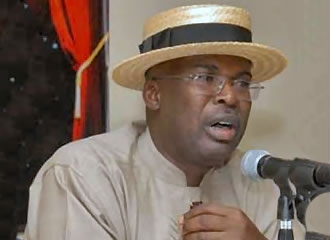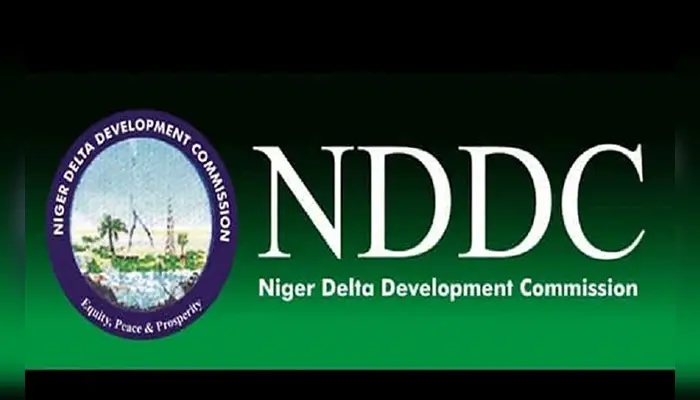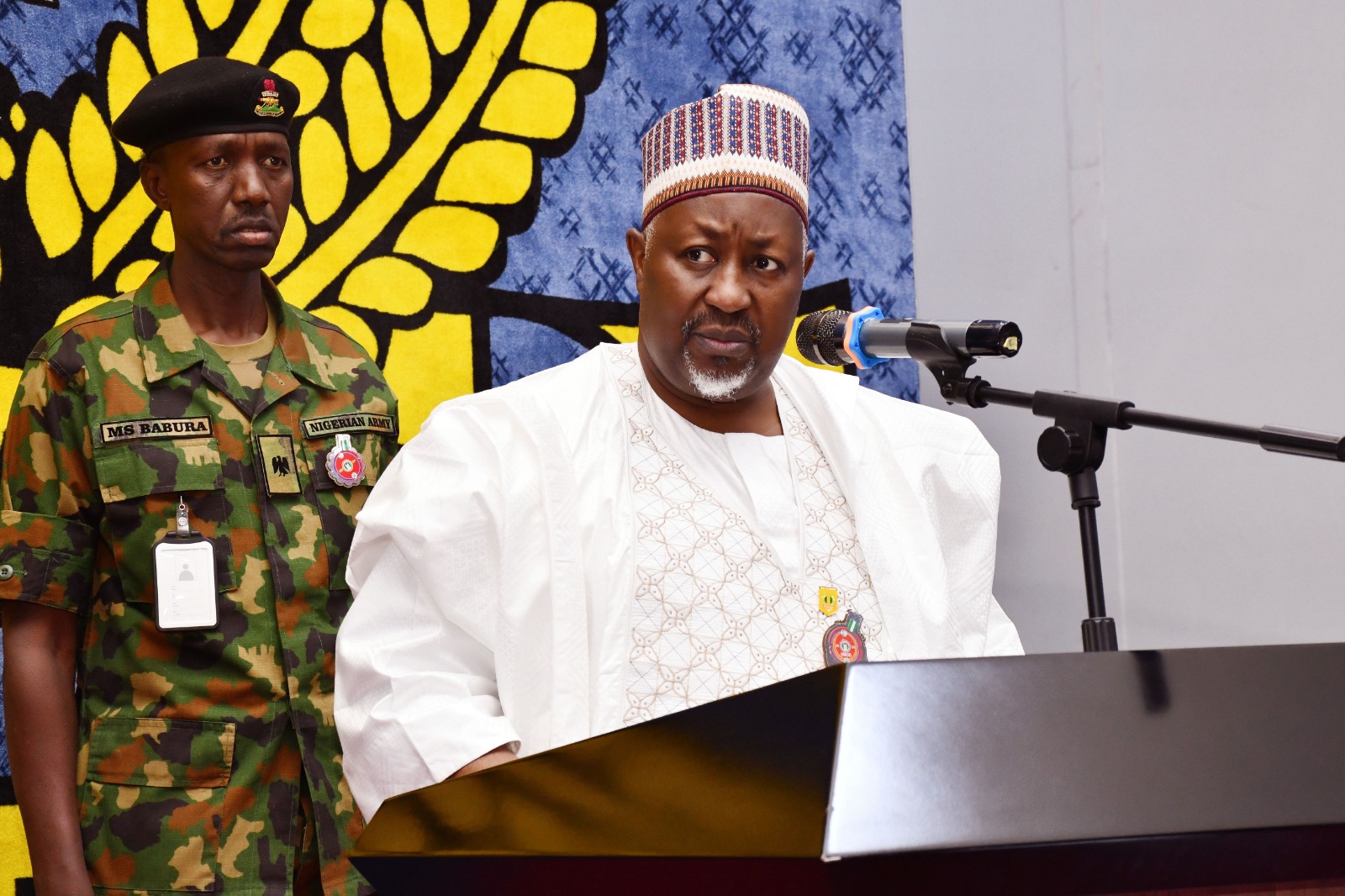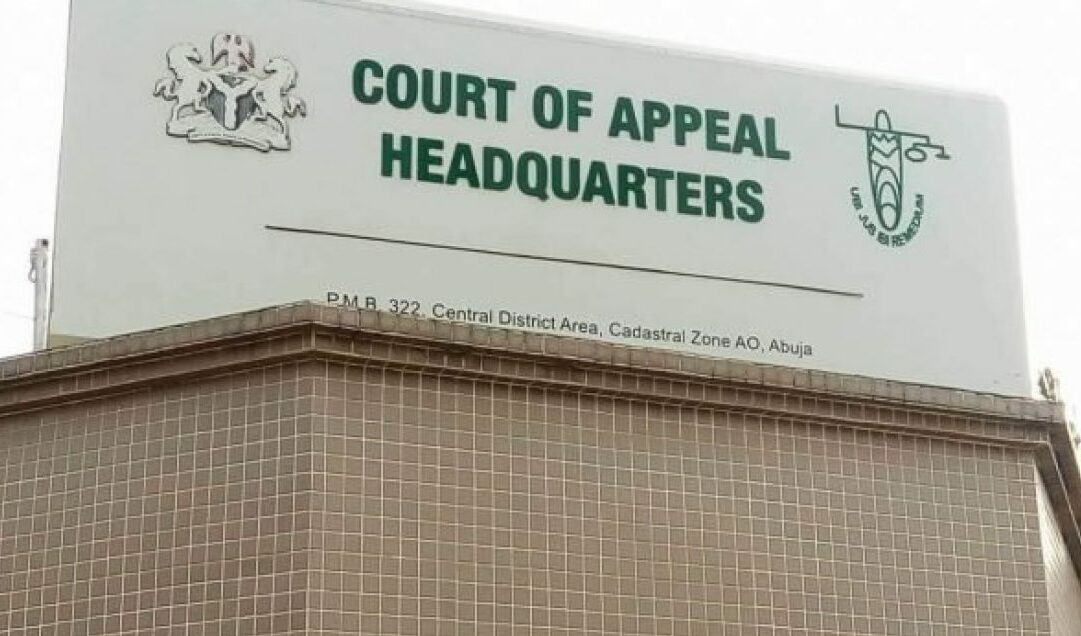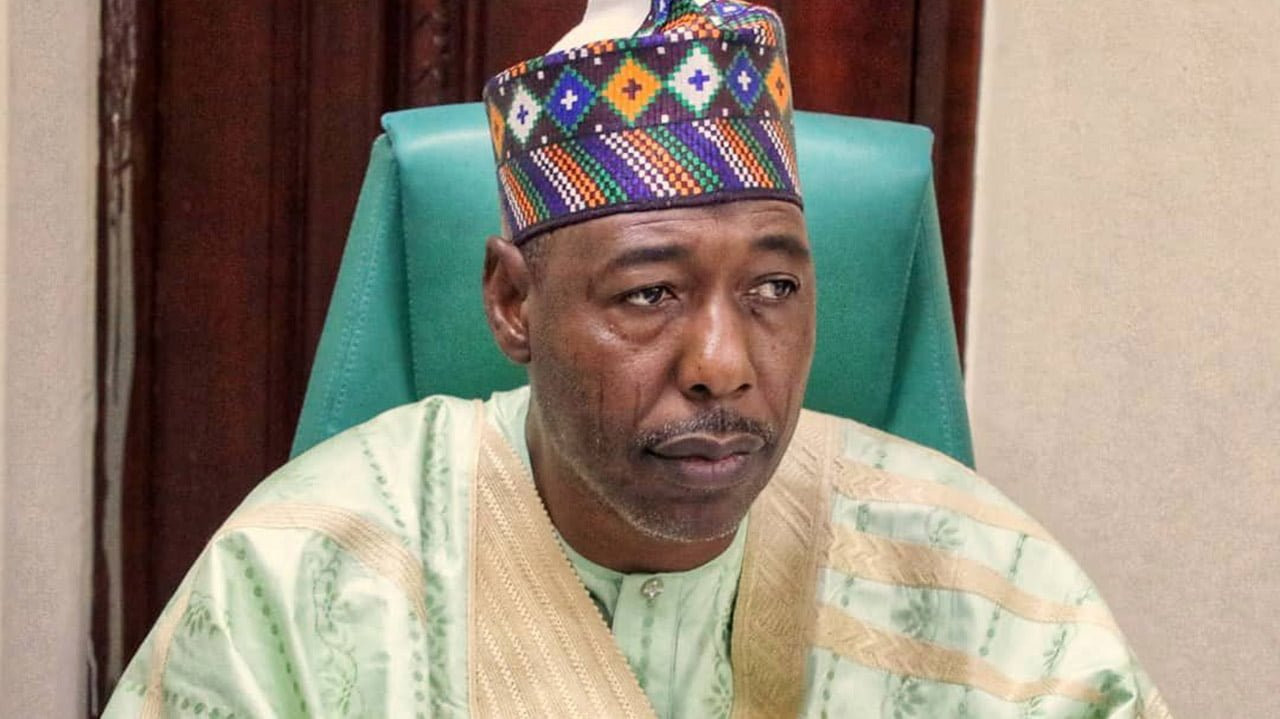The House of Representatives on Tuesday, commenced the consideration of the N1.91tn 2024 budget of the Niger Delta Development Commission.
Leading the defence of the commission’s budget, NDDC Managing Director, Samuel Ogbuku, said the commission plans to source the money for the budget through borrowing of N1trn from commercial and development banks.
The NDDC hopes to receive the sum of N170bn, being arrears owed it by the Federal Government and recoveries by government agencies; a Federal Government statutory contribution of N324.8bn, an ecological fund of N25bn, oil companies contribution of N375bn, and an Internally Generated Revenue of N1bn.
He disclosed that the commission planned to find its legacy projects with the N1 trillion to be borrowed from the banks, while about N835. 222 billion will be spent on other development projects.
Ogboku emphasised the need for the development of critical infrastructure, adding that the management of the NDDC will adopt the public-private partnership model to drive the development of the oil-rich region.
Consequently, the NDDC boss said the commission has developed a partnership with the Industrial Training Fund to gainfully engage the youths of the region to address instances of economic sabotage.
Highlighting the achievement of the board in the past year, Ogboku said “The Operation Light Up Niger Delta,” has succeeded in electrifying many communities with the aid of solar-powered street lights which he added, has boosted the economic activities of the communities.
He added that through its free medical mission, the NDDC has provided health services to more than two million persons in the region, stressing that it would partner with stakeholders to invest meaningfully in the healthcare sector for the development of the Niger Delta.
“We awarded foreign scholarships to 750 individuals between 2023-2024 (and provided educational grants to 84 individuals, and we are in the process of distributing 45,000 U-lesson tablets preloaded with Nigerian and WAEC syllabus to schools in the nine States that make up the Niger Delta region.
“We are redefining the standards of governance and effectiveness in driving positive change in the region as we commissioned over five flagship projects within 10 days,” he said.
He also noted that in response to the frequent flooding challenges faced by Niger Deltans, the commission embarked on the clearing of waterways to pave the way for easy flow of water during heavy downpour as well as the construction of multipurpose emergency shelters with a capacity to accommodate 1000 persons.
He said the aggregate sum of N876bn was projected to fund the 2023 budget, adding “This comprises overhead costs of N174bn, personnel costs of N34.bn, internal capital costs of N3.7bn, and Capital costs of N820.5bn
On the 2023 budget, he said as of April 30, 2024, “The commission’s actual aggregate revenue inflow was N683.2bn which is approximately 78 per cent of the targeted N876bn, comprising N146.4bn and N394bn representing 141 per cent from oil and gas companies.”
The Chairman of the House Committee on Niger Delta, Erhiatake Ibori-Suenu said the budget was crucial to the success of the commission, noting that the House will do a thorough job to scrutinise the budget estimates in the interest of openness and accountability.




